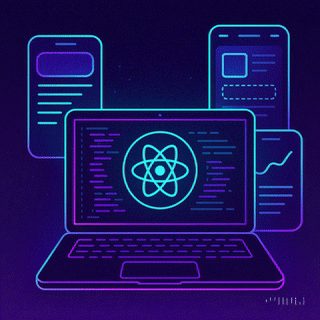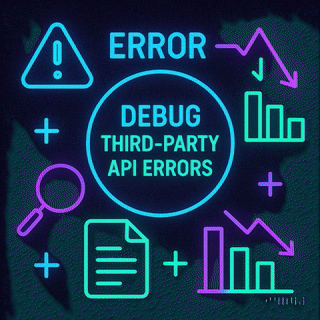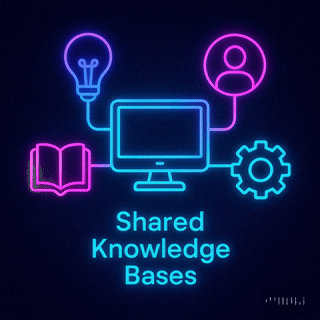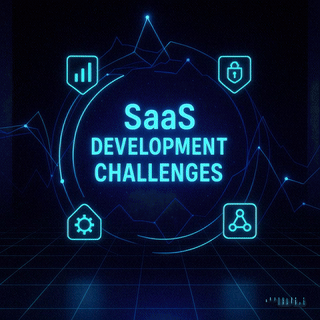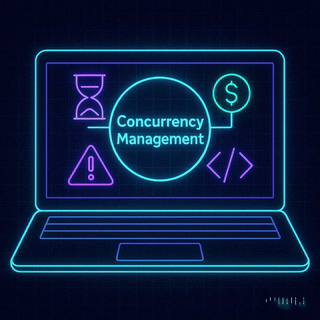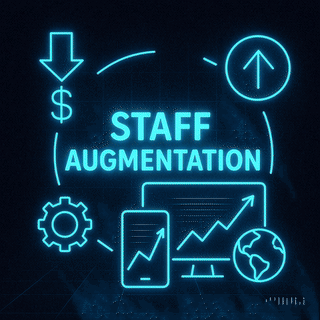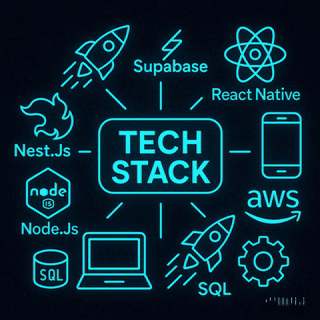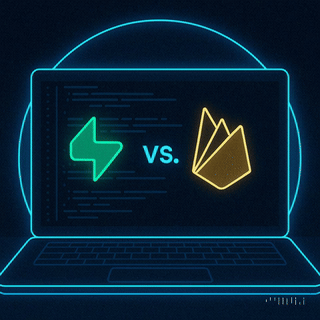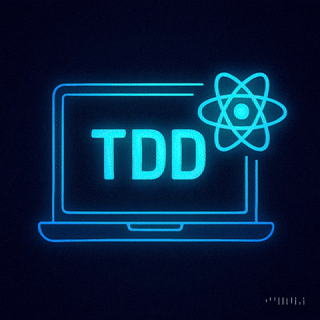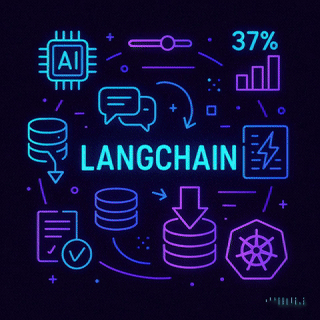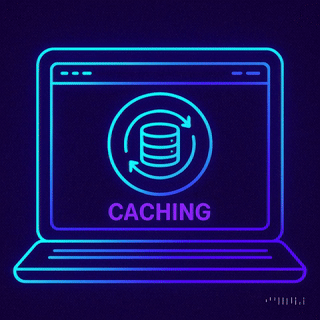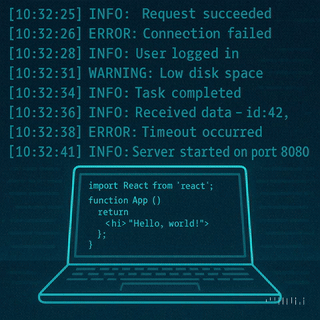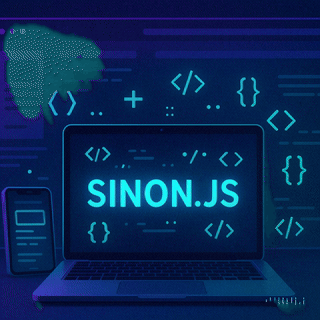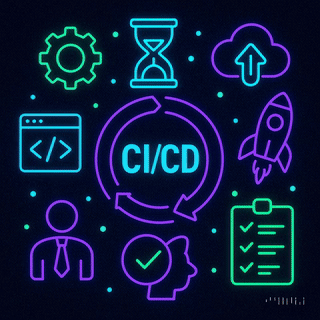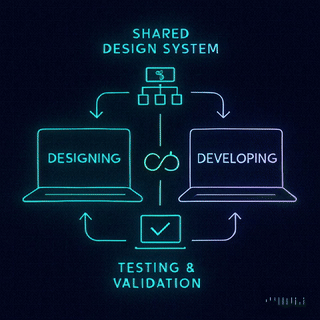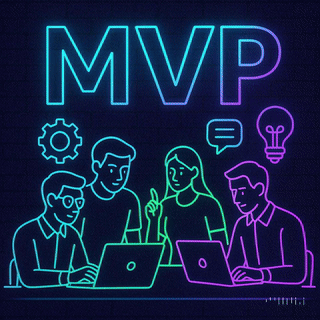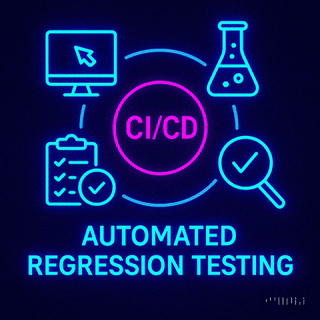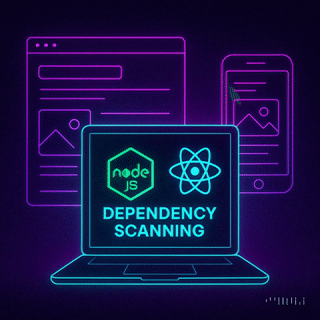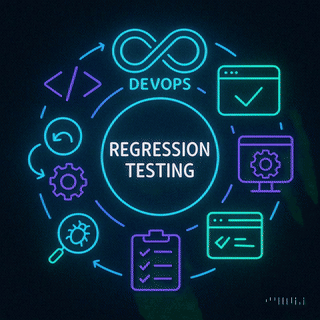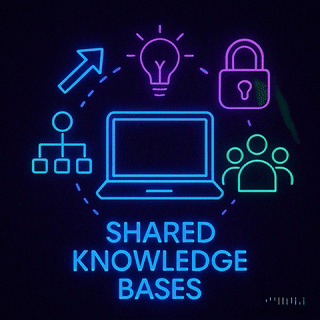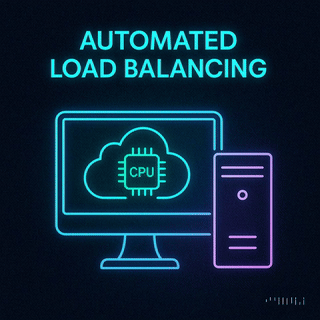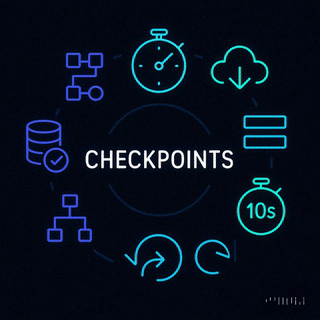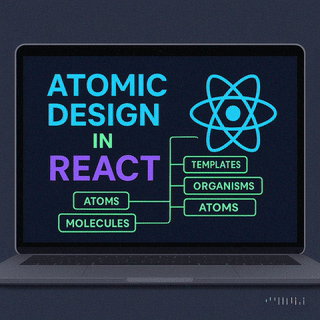The Harvard Ban: How Blocking International Students Threatens America's Tech Leadership
The Trump administration's unprecedented revocation of Harvard's ability to enroll international students sends shockwaves through Silicon Valley and the global tech ecosystem. With 27% of Harvard's student body facing forced transfers and America's innovation pipeline at risk, this decision marks a critical inflection point for the future of American technological dominance.
The Immediate Crisis: 6,800 Students in Limbo
On May 22, 2025, the Department of Homeland Security terminated Harvard University's Student and Exchange Visitor Program (SEVP) certification, effectively barring the institution from enrolling new international students and forcing current foreign students to transfer or lose their legal status. This unprecedented action affects nearly 6,800 students—27% of Harvard's total enrollment—who hail from over 140 countries.
The decision, ordered by DHS Secretary Kristi Noem, cited Harvard's "fostering violence, antisemitism, and coordinating with the Chinese Communist Party" as justification. However, Harvard spokesman Jason Newton called the action "unlawful" and "retaliatory," emphasizing that it threatens not only the Harvard community but American innovation itself.
Immigration attorney Charles Kuck from Emory University described the decision as "obviously retaliatory, poorly written, terribly reasoned and does not seem to follow the regulations." The abrupt nature of this action—without following established regulatory procedures—has left thousands of students scrambling to secure their academic futures.
The Silicon Valley Pipeline Under Threat
The implications extend far beyond Cambridge, Massachusetts. Harvard has long served as a crucial talent pipeline for Silicon Valley and America's tech industry. According to the National Foundation for American Policy, 25% of American billion-dollar startups had one or more founders who first entered the country as international students. This statistic alone underscores the vital role that foreign students play in American innovation.
In 2022, there were 143 U.S. companies valued at a billion dollars or more founded by former international students—a dramatic increase from just 21 in 2018. These companies, founded by students from 57 different countries, created an average of 860 jobs each. The diversity of this talent pool has been instrumental in maintaining America's competitive edge in the global technology race.
The tech industry's reliance on international talent is particularly pronounced in specialized fields. Nearly three-quarters of graduate students in computer science and information technology disciplines in the U.S. are international students who typically transition to H-1B visas after graduation. Without this pathway, Silicon Valley faces a severe talent shortage that domestic supply alone cannot fill.
Economic Impact Beyond Tech
International students contributed $33.8 billion to the U.S. economy in the 2021/22 academic year and supported more than 335,000 jobs. For every three international students in the U.S., one American job was created. This economic multiplier effect demonstrates how international education is not just about academic exchange but fundamental economic infrastructure.
The H-1B visa program, which serves as the primary vehicle for international students to work in the U.S. after graduation, has been instrumental in filling critical skills gaps. Studies show that H-1B workers complement rather than compete with native workers, creating new job opportunities through increased consumer demand, business expansion, and entrepreneurship.
The Broader Context: A Pattern of Institutional Pressure
Harvard's situation didn't emerge in isolation. It represents the culmination of escalating tensions between the Trump administration and elite universities over issues ranging from campus protests to diversity programs. The administration had previously frozen $2.2 billion in federal grants to Harvard after the university rejected demands to eliminate DEI programs and conduct ideological audits of students and faculty.
This pattern extends beyond Harvard. Secretary Noem explicitly warned that "this should be a warning to all universities and academic institutions across the country," and confirmed that similar actions against other institutions, including Columbia University, are under consideration. Currently, 60 universities are under investigation for alleged antisemitism, while over 50 face scrutiny over DEI initiatives.
The administration's approach has created what critics call a "can't win" situation for universities. While demanding action against discrimination, the government simultaneously prohibits many of the tools institutions use to address these issues, including diversity offices and anti-bias training programs.
Legal and Procedural Concerns
Legal experts have raised serious questions about the procedural validity of Harvard's SEVP revocation. Miriam Feldblum, president of the Presidents' Alliance on Higher Education and Immigration, stated that "even if there were a credible case that the Department of Homeland Security wanted to advance, they have not complied with their own regulations and processes."
The typical grounds for SEVP revocation involve schools changing ownership or failing to complete recertification applications—not ideological disputes. A federal judge in Oakland, California, has already issued an injunction against similar attempts to terminate international students' legal status, potentially offering a legal pathway to challenge Harvard's revocation.
Global Competitiveness at Stake
The timing of this decision is particularly concerning given America's technological competition with China. As Rice University computer science professor Moshe Y. Vardi notes, "The U.S. is locked in a cold war with China focused mostly on technological dominance." Restricting international student enrollment undermines American research capabilities precisely when they're needed most.
International doctoral students carry out the bulk of research in science and engineering at U.S. universities. Their contributions have been instrumental in breakthroughs ranging from COVID-19 vaccines to artificial intelligence. The loss of this talent pool would significantly diminish America's research output and innovation capacity.
Already, other countries are positioning themselves to attract the talent America is turning away. Canada, Australia, and European nations have implemented more welcoming immigration policies for international students, recognizing the long-term economic and innovation benefits they bring.
The Startup Ecosystem Impact
Silicon Valley's startup ecosystem particularly depends on the fresh perspectives and technical expertise that international students bring. The region's venture capital firms have long recognized this, with studies showing that startups successfully hiring H-1B workers are more likely to attract funding, develop innovative products, and achieve successful exits.
Research from the National Bureau of Economic Research found that doubling the number of high-skilled H-1B workers in a metropolitan area was associated with a 6% increase in startup formation within three years. This multiplier effect demonstrates how restrictions on international students could cascade through the entire innovation ecosystem.
Industry Response and Long-term Implications
The tech industry's response has been swift and concerned. Harvard economics professor Jason Furman, a former Obama administration official, called the measure "horrendous on every level," warning that "many labs will empty out" if the policy takes effect. He emphasized that "higher education is one of America's great exports and a key source of our soft power."
Tech leaders worry about the chilling effect on international talent considering American education. As one professor noted, international students "will see this for what it is, which is us rolling up the rug and saying, 'You're not welcome here.'" This perception damage could take years to repair, even if policies are eventually reversed.
The decision also arrives at a time when the tech industry is already grappling with talent shortages. Despite recent layoffs in some sectors, demand for specialized technical skills remains high, particularly in emerging fields like artificial intelligence, quantum computing, and biotechnology—areas where international students often lead research efforts.
What This Means for Tech Companies
For established tech giants and startups alike, Harvard's situation signals potential disruption to their talent pipelines. Companies may need to:
- Accelerate international hiring in overseas offices to access talent that can no longer come to the U.S.
- Increase investments in domestic STEM education programs to develop local talent over the long term
- Advocate more strongly for immigration reform that protects their ability to hire global talent
- Consider relocating certain research and development functions to countries with more stable immigration policies
Some companies are already exploring these options. Recent studies indicate that restrictions on H-1B visas motivate U.S.-based multinational corporations to decrease the number of jobs they offer domestically, shifting operations overseas to access needed talent.
Key Takeaways
- Harvard's loss of SEVP certification immediately impacts 6,800 international students and threatens America's innovation pipeline, with 25% of billion-dollar startups founded by former international students
- The decision breaks from established regulatory procedures and faces likely legal challenges, while setting a precedent that could extend to other universities
- Tech companies must urgently reassess talent strategies, potentially accelerating overseas hiring and increasing advocacy for immigration reform
- America risks ceding technological leadership to competitors as other nations position themselves to attract displaced international talent
- The long-term damage to America's reputation as a destination for global talent could take years to repair, even if policies are reversed
Conclusion: A Critical Moment for American Innovation
The revocation of Harvard's ability to enroll international students represents more than an isolated administrative action—it marks a potential turning point in America's approach to global talent and innovation leadership. As the tech industry grapples with talent shortages and intensifying global competition, restricting access to international students threatens to undermine decades of competitive advantage.
For tech leaders and policymakers alike, the Harvard situation demands urgent attention and action. The companies that built Silicon Valley's success understand that innovation knows no borders, and that America's technological dominance has always depended on attracting the world's brightest minds. As other nations eagerly position themselves to welcome the talent America is turning away, the question becomes not whether this policy will impact American innovation, but how severely and how soon.
The path forward requires balanced solutions that address legitimate security concerns while preserving the open exchange of ideas and talent that has made American higher education and technology sectors the envy of the world. Without such balance, America risks not just losing talented students, but its position at the forefront of global innovation.



